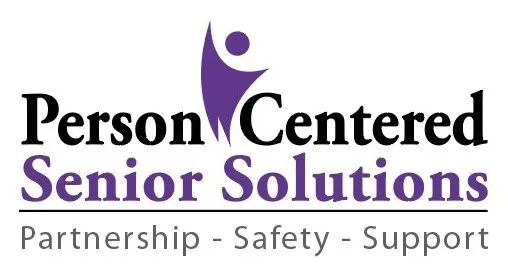Dementia 101
Dementia is a term used to describe a group of symptoms that affect a person's memory, thinking and ability to perform daily activities. It is not a specific disease but rather a general term for a decline in mental abilities that is severe enough to interfere with a person's daily life.
In simple terms, dementia is like a condition that causes a person's brain to work less effectively over time.
People with dementia may experience difficulties in remembering things, thinking clearly, making decisions and carrying out tasks they used to do easily. They may also have changes in their behavior and personality.
The most common types of dementia that are seen in older adults are these neurodegenerative diseases that result in damage to the brain over time:
- Alzheimer's Disease is the most common cause of dementia.
- Vascular Dementia caused by reduced blood flow to the brain often resulting from stroke or other conditions.
- Lewy Body Dementia associated with the presence of abnormal protein deposits called Lewy bodies in the brain which also leads to movement problems and visual hallucinations.
- Frontotemporal Dementia characterized by the degeneration of both the frontal and temporal lobes of the brain.
- Mixed Dementia when a person has multiple types of dementia.
It is important to note that dementia is not a normal part of aging. While it primarily affects older adults, it can occur in younger individuals as well. Dementia is a progressive condition, meaning it tends to worsen over time and it can have a significant impact on a person's quality of life and relationships with others.
Person Centered Senior Solutions has expertise working with dementia and helping families navigate through the myriad of challenges that arise.
